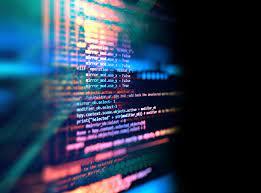Today, people of all backgrounds can contribute to solving serious scientific problems by playing computer games. A Danish research team has pushed the limits of quantum physics calculations and at the same time further blurred the lines between man and machine. We still excel - in some respects.
Today there is an ongoing battle between man and machine. While true machine consciousness is yet to come, we are beginning to see computers make choices that previously required human input. Recently, the world held its breath when Google's AlphaGo algorithm beat a professional player at the game of Go, an achievement that demonstrates the explosive speed of machine development.
Quantum physics promises huge technological advances in fields ranging from computing to high-precision measurements. However, the problems that must be solved to get there are so complex that even the most powerful supercomputers struggle with them. It is here that the main idea of CODER becomes clear - the combination of computing power of computers with human ingenuity. The laws of quantum physics dictate an upper speed limit for manipulating data, which, in turn, sets the ultimate limit on the processing power of quantum computers—the quantum speed limit. Until now, a computer algorithm has been used to determine this limit. It turns out that with human intervention, researchers can come up with much better solutions than an algorithm.
WE ARE THE NEW SUPERCOMPUTER
Science is often perceived as something remote and exclusive, carried out behind closed doors. To enroll, you must have completed years of study and preferably have one or two doctoral degrees. Now a completely different reality is materializing.
The difference between a machine and us, figuratively speaking, is that we intuitively reach for a needle in a haystack, not knowing exactly where it is. We “guess” based on experience and thereby miss a whole series of bad choices. For Quantum Moves, human intuitive actions have been shown to be compatible with the best computer solutions. In the future, it will be interesting to explore many other problems with the help of human intuition.





